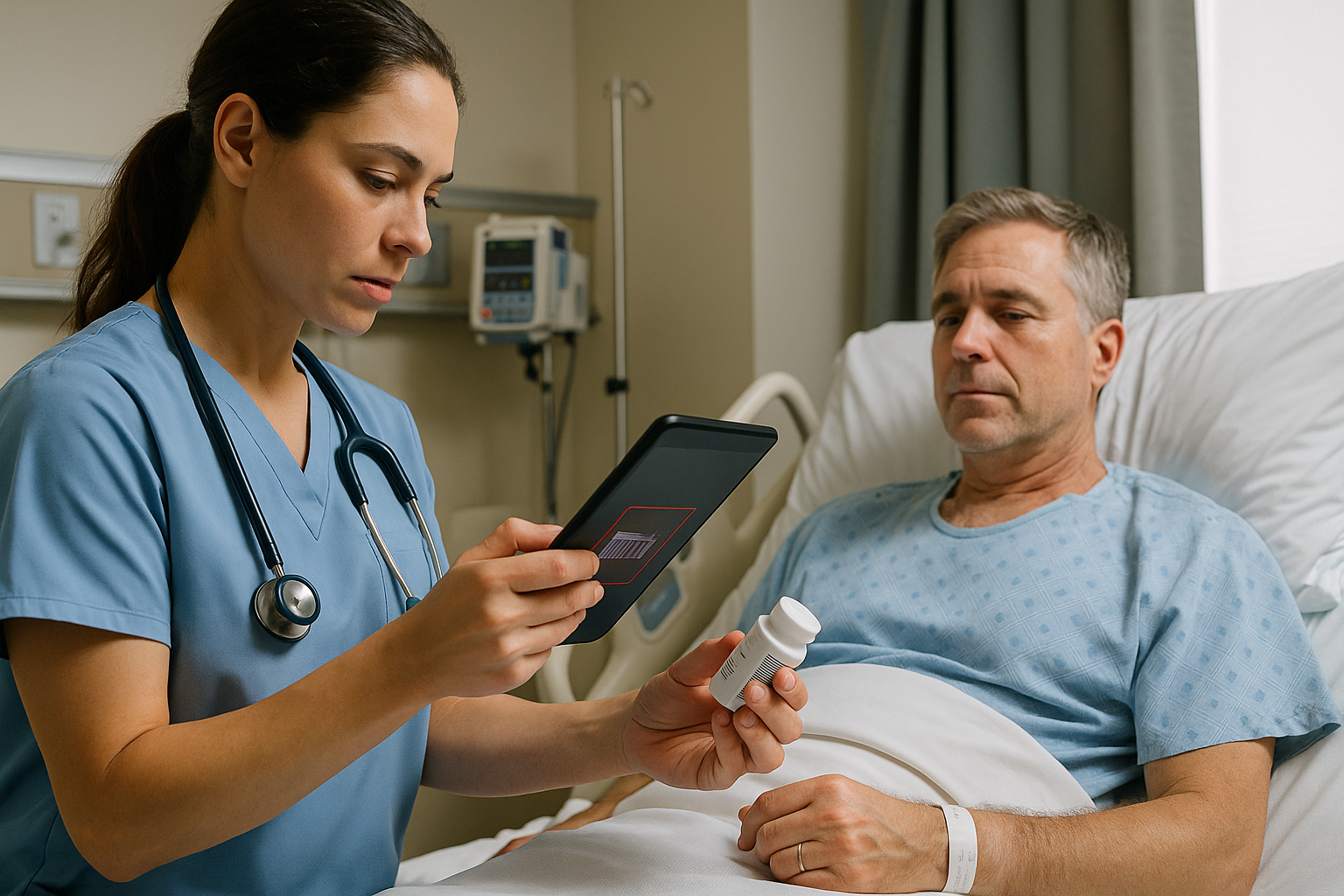When reliable and accurate patient health information is readily available to health care providers, patients receive better medical care and outcomes are improved. A standard EHR system gives health care providers access to this vital patient health information; An exceptional electronic medical record system gives providers this data at their fingertips, in real-time, via a range of customized applications and devices, so they can more easily diagnose patients and coordinate treatment with colleagues, thereby offering the most efficient care possible.
You don’t have to take our word for it. Health care providers overwhelmingly report enhanced patient care and better clinical outcomes with a well-structured and successfully implemented EHR system in place. A recent survey by the US National Center for Health Statistics found 75 percent of providers believed their EHR system enables them to offer enhanced patient care.
Electronic Health Records Improve Diagnosis
Any successful treatment begins with an accurate and rapid diagnosis. And a well-structured, end-to-end electronic health record system strengthens this critical clinical decision-making. By providing reliable and comprehensive patient health information in real-time, providers are given a truly complete view of a patient’s medical history as well as the ability to analyze disease conditions and review important trend comparisons over time. Using this information, clinicians have the understanding and confidence to treat even the most complex multi-axial diagnoses.
A comprehensive electronic health record system should provide up-to-the-minute information on the following:
• Complete Medical History & Allergen Status
• Family History / Genetic Risk-Factors
• Social History / Environmental & Lifestyle Habitual Risk-Factors
• Medication History (Active & Past)
• Lab & Imaging Test Results
• Mental Health History
• Prescribed Treatments & Follow-Up Regimens
• Interdisciplinary & Evaluation Notes
All this information supports medical staff in the diagnosis and management of a patient’s condition. With more accurate, up-to-date information, there are also fewer chances for errors such as misdiagnoses and medication conflicts, ultimately making it easier for care providers to consider every aspect of a patient’s health and avoid malpractice liability. For example, automated medication alerts can reveal a life-threatening drug allergy, contraindications, duplicate medication orders, or safety concerns in real-time, allowing doctors and nurses to adjust care decisions appropriately.
Electronic Health Records Improve Patient Outcomes & Experiences
Intuitive and comprehensive EHR systems are especially critical for patients with complex medical histories and for those who suffer from multiple concurrent conditions, since an advanced EHR system will also directly improve patient care outcomes through true clinical decision support tools that leverage evidenced-based care practices.
When EHR systems employ evidenced-based care methodologies, the documentation of care is conducted in such a way as to provide maximum transparency and reporting and compliance capabilities. For instance, a medication or laboratory order always corresponds to a specific ICD-10 classified disease condition and a discharge disposition is always noted to evaluate treatment effectiveness post intervention. This type of comprehensive information provides hospital administrators with the ability to assess their related diagnostic groups and measure their treatment protocol efficacy across entire patient populations. It also greatly simplifies coding and billing requirements since care has been appropriately documented at each stage of the care encounter.
Built upon this evidenced-based structure, a next-generation EHR system will also offer intuitive clinical decision support systems (CDSS) to enable doctors to make better treatment decisions in real-time. CDSS tools take many forms and most EHR systems fail to adequately address this need, instead offering one-size-fits-all, cookie-cutter specialty modules which wholly fail to capture the nuances of individual patient care.
The solution is protocol-driven digital case sheets that directly incorporate the best treatment options and clinical expertise available. This is one of HarmoniMD’s core competencies: Our Electronic Clinical Documents or ECDs are highly dynamic digital case sheets that offer simple, provider-defined OneClick Order Sets for disease-specific conditions. To name one example: a Cardiopulmonary Triage ECD with OneClick Orders for Troponin Labs and Nitroglycerin Medication Administration. Providers are aided in making rapid decisions and only need select from the short, curated pick-list of treatment options available, secure in knowing they are following facility guidelines and medical best practices.
Use of such a digital case sheet library not only aligns facility workflows with best practice guidelines, but also has a plethora of additional benefits such as more rapid differential diagnosis, more complete disease documentation, improved follow-up compliance, fewer medication errors, and enhanced care coordination, all of which ultimately result in improved clinical care outcomes.
Simply put, EHR systems without customizable CDSS tools cannot accommodate the ever-growing demands on healthcare practitioners.
Electronic Health Records Improve Patient Engagement
Effective communication with patients is vital for both the diagnosis and the treatment of the individual and a well-designed EHR system facilitates patient engagement on multiple levels. First and foremost, the EHR system should give patients the ability to view and manage their own health records remotely from a smartphone or personal computer. Patients can then easily review their records and doctors notes in the privacy of their own homes at their own convenience. If any errors or inconsistencies are found, a patient can contact their provider to correct these. Secondly, the EHR system must facilitate simplified SMS text or email-based communication between providers and patients, strengthening the doctor-patient relationship.
Studies have found that increased access and involvement with personal health information, including patient education on disease conditions, prescribed medications, test results, and medical treatments, significantly increase patient engagement and treatment compliance. The more involved patients are, the more actively they will participate in their health care journey and the more successful their care outcomes will be.
Improving the Quality of Care with Electronic Health Records
EHRs have revolutionized the medical industry and will continue to improve the ability and outcomes of medical professionals and treatments. EHR systems help provide patients with the medical care they need and health care providers with the needed tools and information to best assist their patients.
In summary, a robust and comprehensive EHR system that works in tandem with physicians will improve the delivery of quality patient care and improve clinical outcomes achieved across patient groups.
Contact us today to learn how HarmoniMD can benefit your practice or clinic.
source :
Jamoom, E., Patel, V., King, J., & Furukawa, M. (2012, August). National perceptions of RES adoption: Barriers, impacts, and federal policies. National conference on health statistics.



